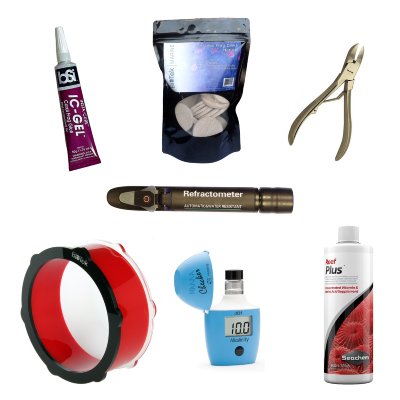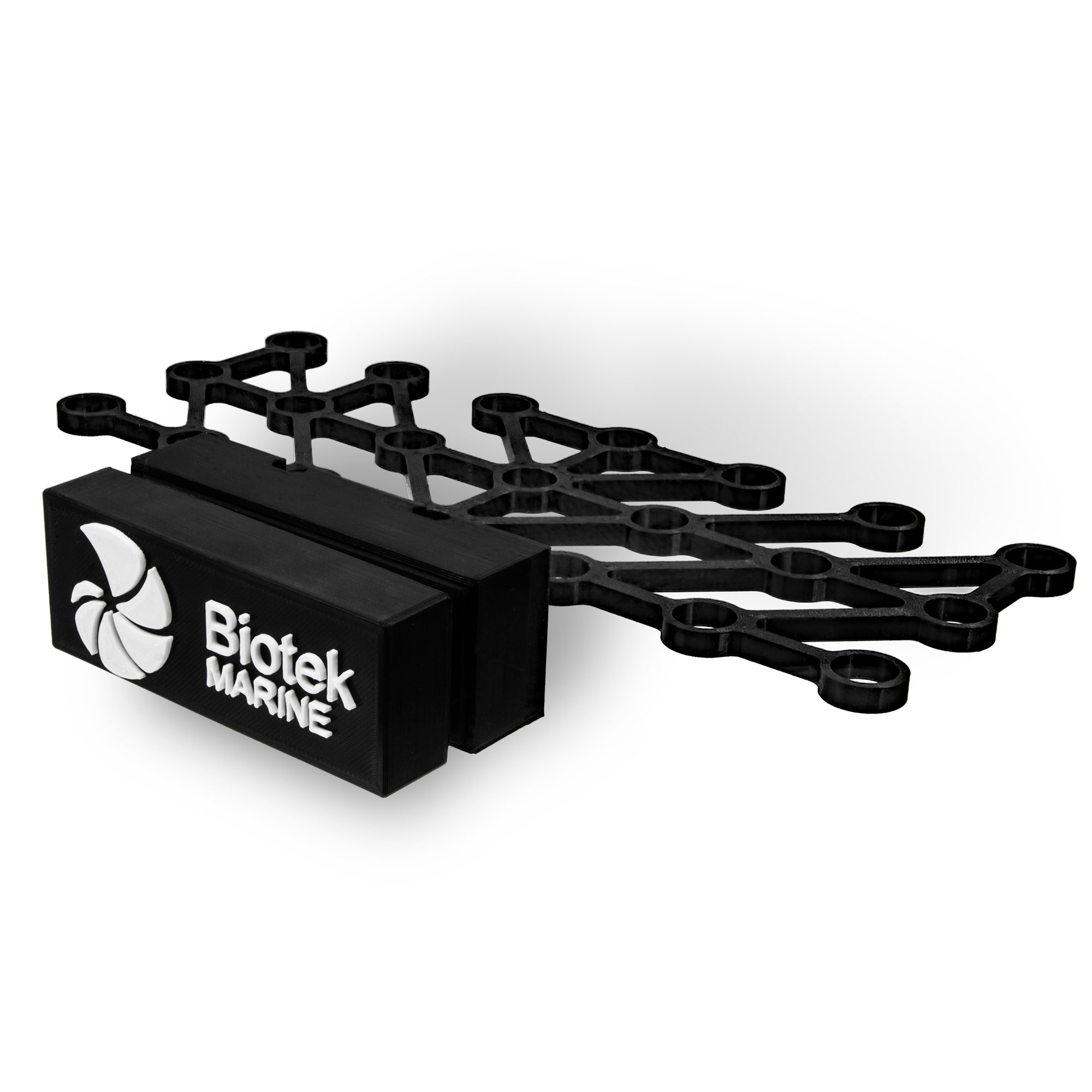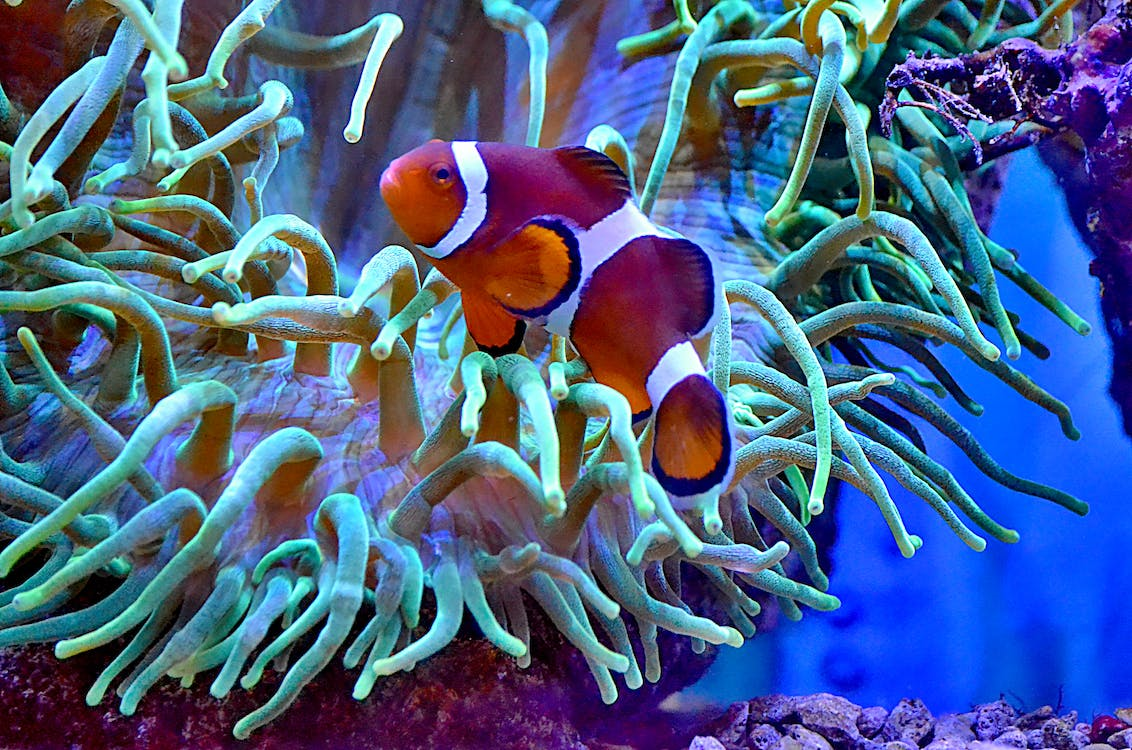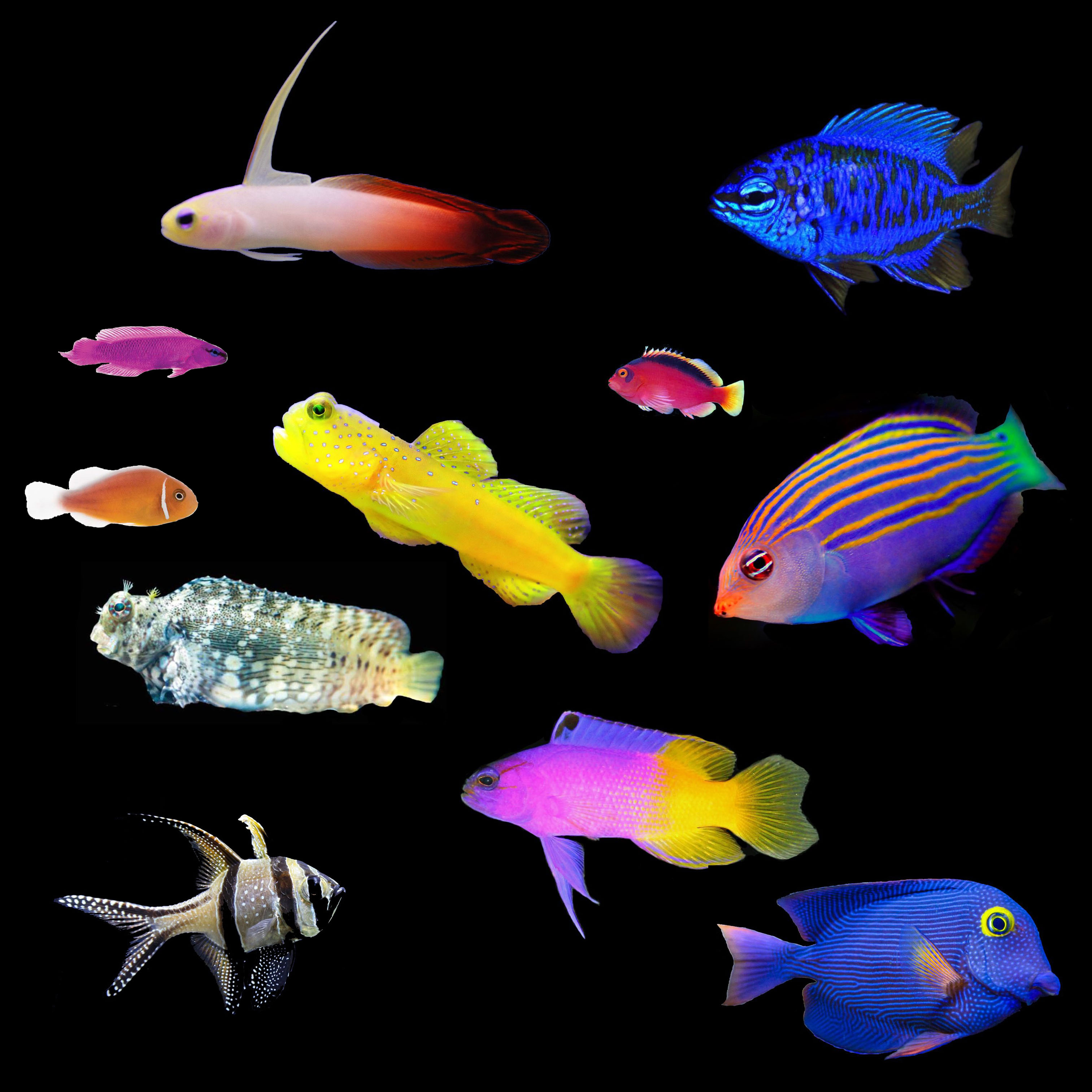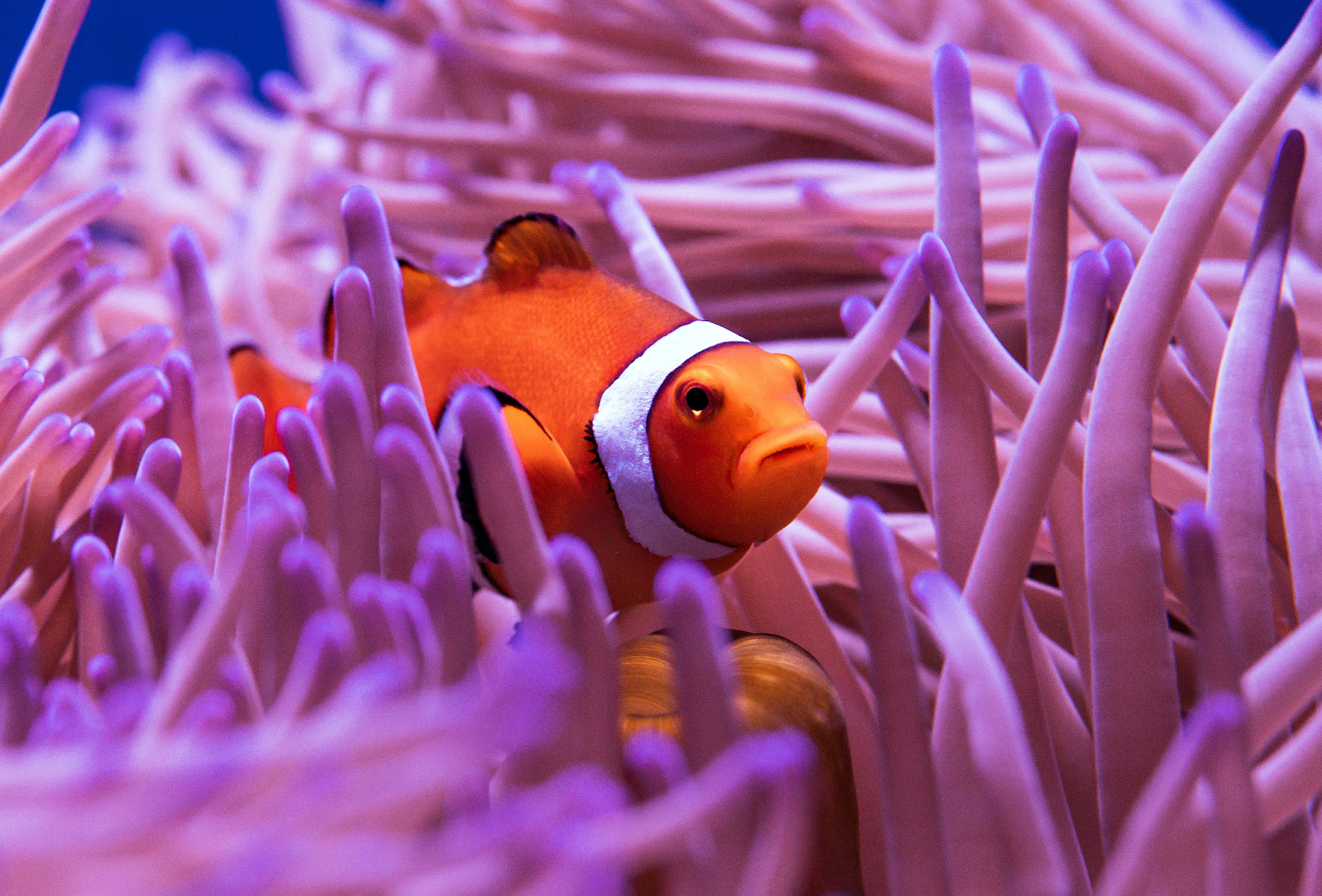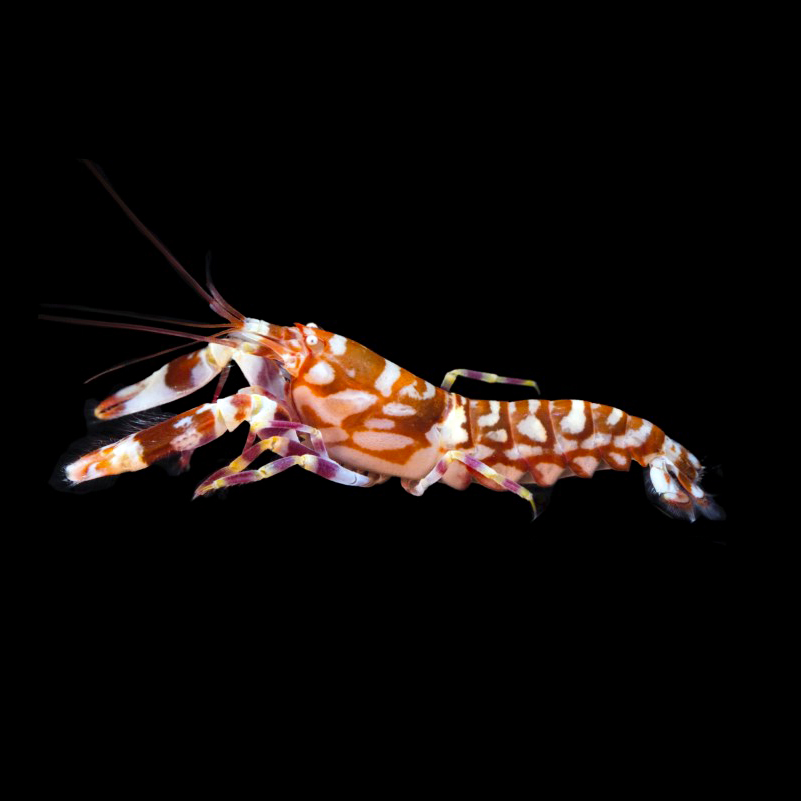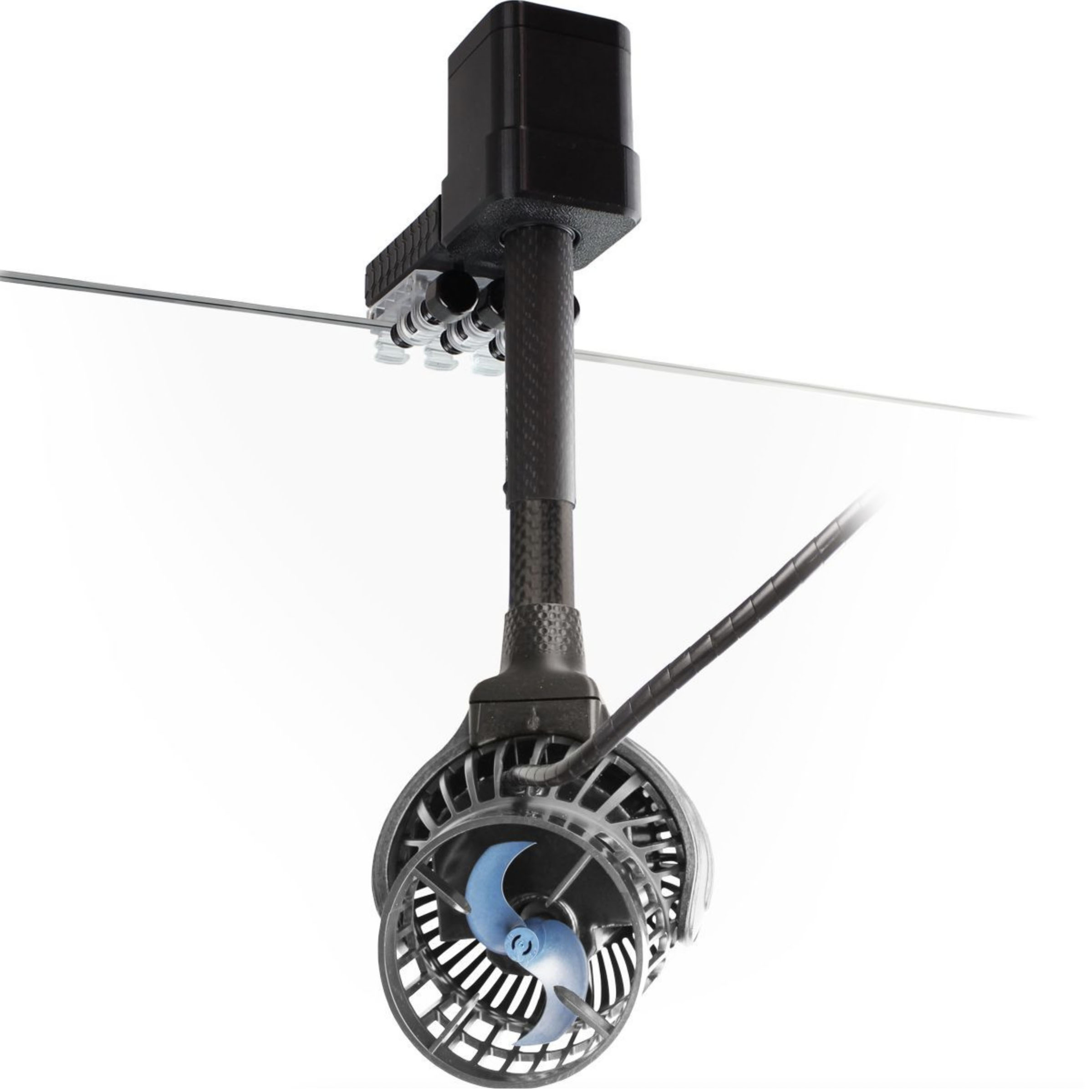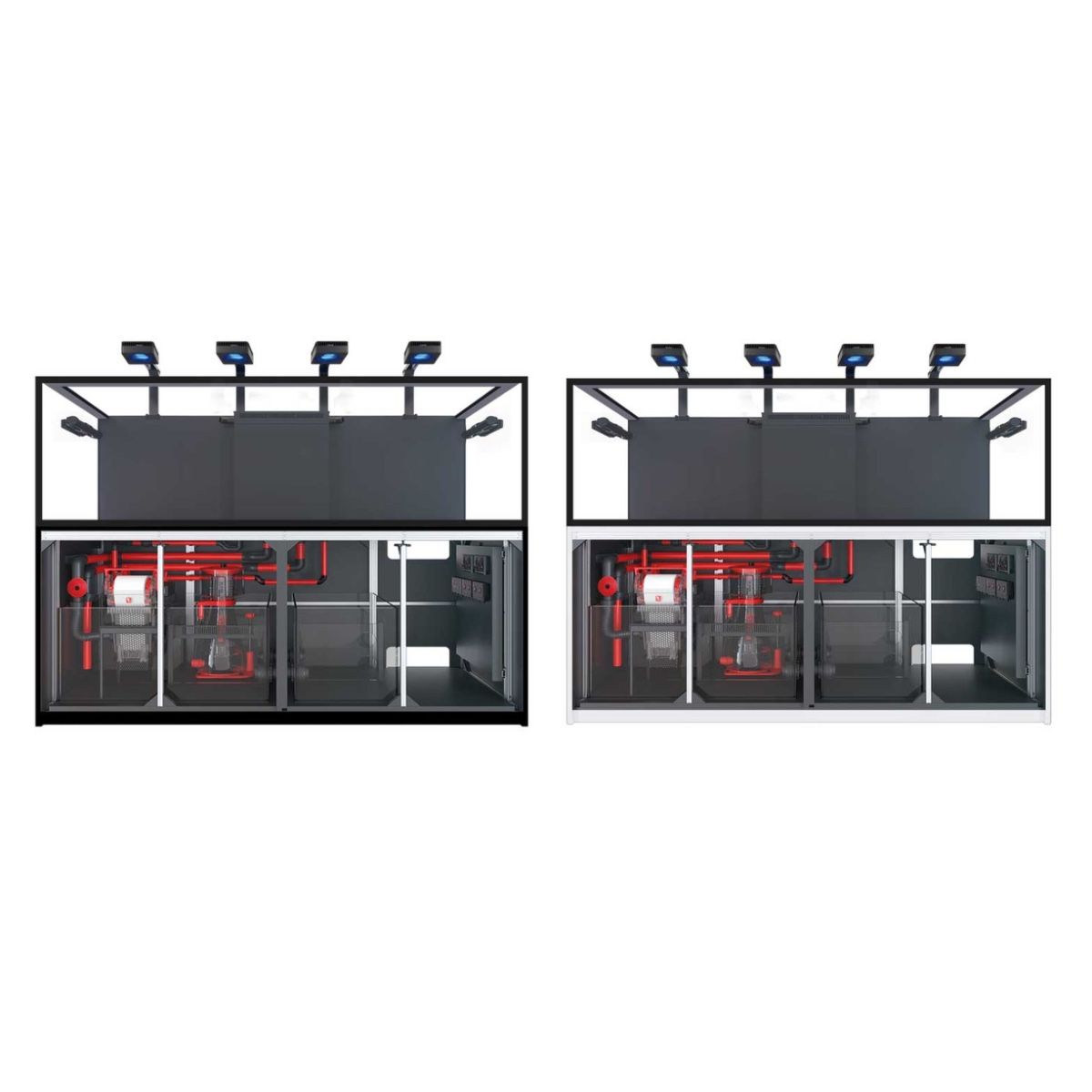We use cookies to make your experience better. To comply with the new e-Privacy directive, we need to ask for your consent to set the cookies. Learn more.
Banggai Cardinalfish (Pterapogon kauderni): A Comprehensive Overview
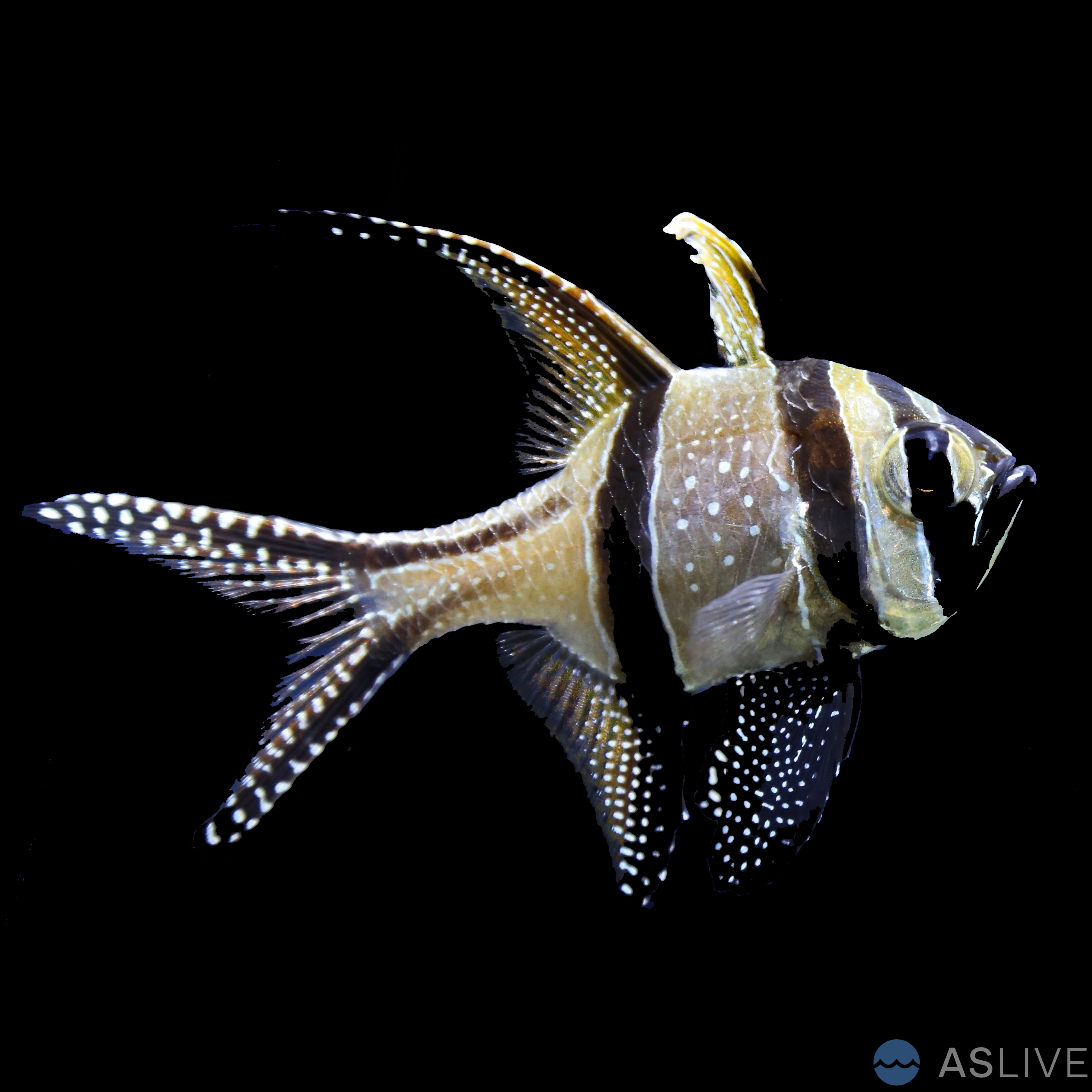
The Banggai Cardinalfish, scientifically known as Pterapogon kauderni, is a captivating and highly sought-after species in the aquarium trade. Known for its striking appearance and unique reproductive behavior, this fish has become a favorite among aquarists. However, its popularity has also led to concerns about its conservation status. In this article, we will explore various aspects of the Banggai Cardinalfish, including its lifespan, reproduction, natural habitat, captive breeding, and endangered status.
Lifespan of the Banggai Cardinalfish
The Banggai Cardinalfish has a relatively short lifespan compared to other marine species, typically living up to 5 years in the wild. In captivity, with optimal care and a well-maintained environment, these fish can live up to 5-6 years. Providing a balanced diet, clean water conditions, and a stress-free habitat are crucial to ensuring their longevity in an aquarium setting.
Reproduction of Pterapogon kauderni
One of the most fascinating aspects of the Banggai Cardinalfish is its unique reproductive behavior. Unlike many other fish species, Banggai Cardinalfish are paternal mouthbrooders. The male fish incubates the eggs in his mouth for about 20-25 days until they hatch. This remarkable method of reproduction provides a higher survival rate for the offspring, as they are protected from predators during their most vulnerable stage.
Natural Habitat and Collection
The Banggai Cardinalfish is native to the Banggai Archipelago in Indonesia. They are typically found in shallow, sheltered coastal waters, often among coral reefs, seagrass beds, and mangrove areas. These environments provide ample hiding spots and abundant food sources, which are essential for their survival.
Due to their restricted geographic range and the high demand in the aquarium trade, Banggai Cardinalfish are often collected from the wild. This has raised significant concerns about overfishing and the long-term sustainability of their populations. Responsible and sustainable collection practices are crucial to ensuring the survival of this species in the wild.
Captive Breeding
Captive breeding programs have become increasingly important in reducing the pressure on wild populations of Banggai Cardinalfish. Breeding these fish in captivity helps meet the demand of the aquarium trade without depleting natural populations. Many aquarists and researchers have successfully bred Banggai Cardinalfish in captivity, providing a viable alternative to wild-caught specimens.
To breed Banggai Cardinalfish in captivity, it is essential to replicate their natural environment as closely as possible. This includes providing suitable hiding places, maintaining stable water conditions, and offering a nutritious diet. Ensuring the presence of both males and females and closely monitoring their behavior can also enhance breeding success.
Banggai Cardinalfish (Pterapogon kauderni) are known to use sea urchins for hiding and protection from predators. This behavior is particularly observed in their natural habitat, where they often seek refuge among the spines of long-spined sea urchins (Diadema setosum). The spines of these sea urchins provide a safe haven for the Banggai Cardinalfish, offering them protection from predators and a secure environment for their young.
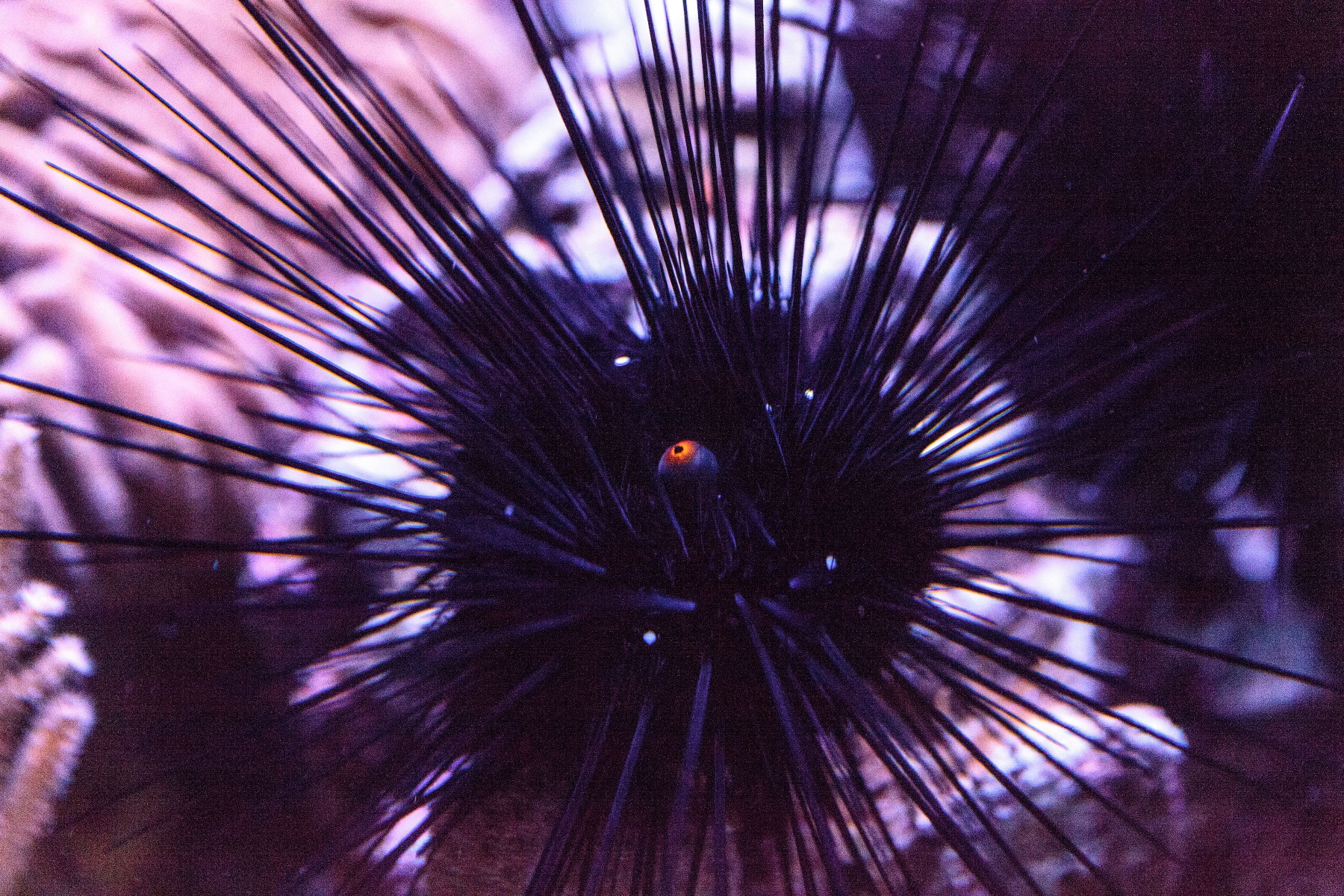
The association with sea urchins is an essential aspect of the Banggai Cardinalfish's natural behavior and ecology. The fish's reliance on sea urchins and other similar structures, like branching corals and seagrass, highlights the importance of preserving their natural habitats to ensure the survival of this endangered species.
Endangered Status and Conservation Efforts
The Banggai Cardinalfish is currently listed as Endangered on the IUCN Red List of Threatened Species. The primary threats to their survival are overfishing and habitat destruction. Conservation efforts are crucial to protect this species and its natural habitat.
Several organizations and initiatives are working towards the conservation of the Banggai Cardinalfish. These efforts include promoting sustainable fishing practices, establishing marine protected areas, and raising awareness about the importance of preserving marine biodiversity. Additionally, supporting captive breeding programs and choosing captive-bred fish over wild-caught ones can significantly contribute to the conservation of this species.
The Banggai Cardinalfish (Pterapogon kauderni) is a unique and captivating species that has captured the hearts of aquarists worldwide. Understanding their lifespan, reproductive behavior, natural habitat, and the importance of captive breeding is essential for their conservation. By raising awareness and promoting responsible practices, we can ensure the survival of this threatened species for future generations to enjoy.
Several institutions and organizations worldwide are involved in the captive breeding of Banggai Cardinalfish (Pterapogon kauderni). These efforts aim to reduce the pressure on wild populations and provide a sustainable source for the aquarium trade.
Here are some notable examples:
1. Public Aquariums and Zoos
Monterey Bay Aquarium (California, USA): Monterey Bay Aquarium has been actively involved in breeding Banggai Cardinalfish as part of their commitment to marine conservation and education. They have successfully raised several generations of these fish in captivity.
New England Aquarium (Massachusetts, USA): The New England Aquarium also participates in breeding programs for Banggai Cardinalfish. They aim to educate the public about the species and the importance of marine conservation.
Shedd Aquarium (Illinois, USA): Shedd Aquarium has a comprehensive breeding program for Banggai Cardinalfish. They focus on both the breeding and the conservation of this endangered species.
2. Research Institutions
Smithsonian Conservation Biology Institute (Washington, D.C., USA): The Smithsonian Institute conducts research on the breeding and genetics of Banggai Cardinalfish to improve captive breeding techniques and support conservation efforts.
Florida Aquarium (Florida, USA): The Florida Aquarium has a dedicated marine breeding program that includes Banggai Cardinalfish. Their efforts contribute to reducing the impact on wild populations.
3. Private Breeders and Aquaculture Facilities
ORA (Oceans, Reefs & Aquariums) (Florida, USA): ORA is a well-known aquaculture facility that breeds a variety of marine species, including Banggai Cardinalfish. They supply captive-bred fish to the aquarium trade, promoting sustainable practices.
4. Conservation Organizations
Banggai Rescue Project: This project involves multiple stakeholders, including aquarists, researchers, and conservationists, working together to breed and conserve Banggai Cardinalfish. They aim to raise awareness and develop sustainable breeding practices.
5. Universities and Academic Institutions
University of Florida Tropical Aquaculture Laboratory (Florida, USA): This academic institution conducts research on the breeding and husbandry of various marine species, including Banggai Cardinalfish. Their work contributes to the development of effective breeding protocols.
Importance of Captive Breeding
Captive breeding programs are crucial for the conservation of Banggai Cardinalfish. They help to:
- Reduce the pressure on wild populations by providing an alternative source for the aquarium trade.
- Maintain genetic diversity and health of the species through controlled breeding practices.
- Educate the public about the importance of marine conservation and the threats faced by Banggai Cardinalfish.
- Support scientific research aimed at improving breeding techniques and understanding the species' biology.
By supporting these institutions and choosing aquarium fish stores that offer captive bred and captive-bred Banggai Cardinalfish, aquarists can play a vital role in the conservation of this endangered species.




